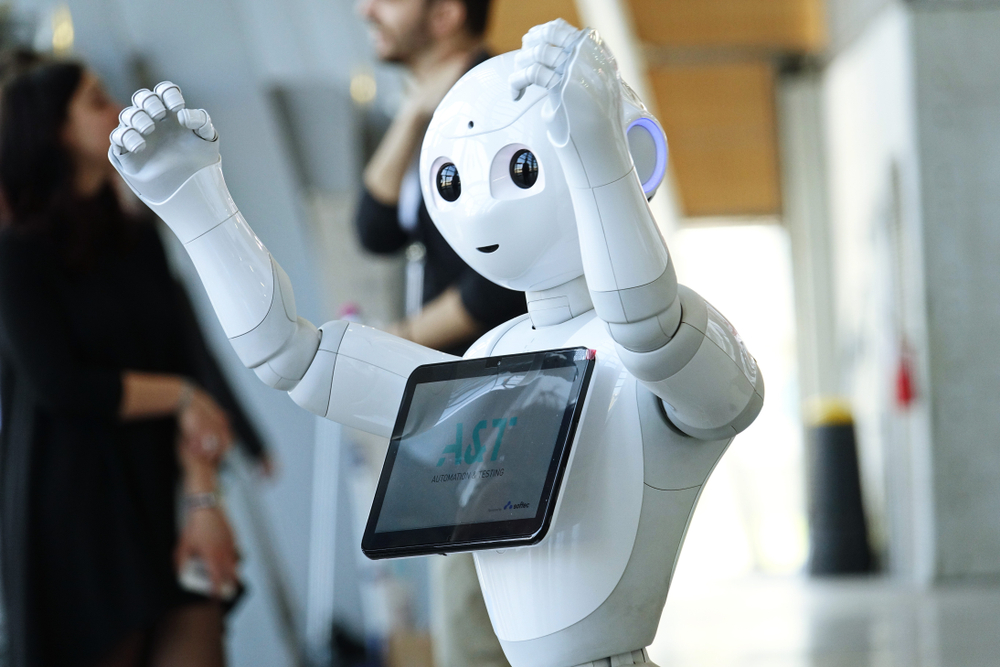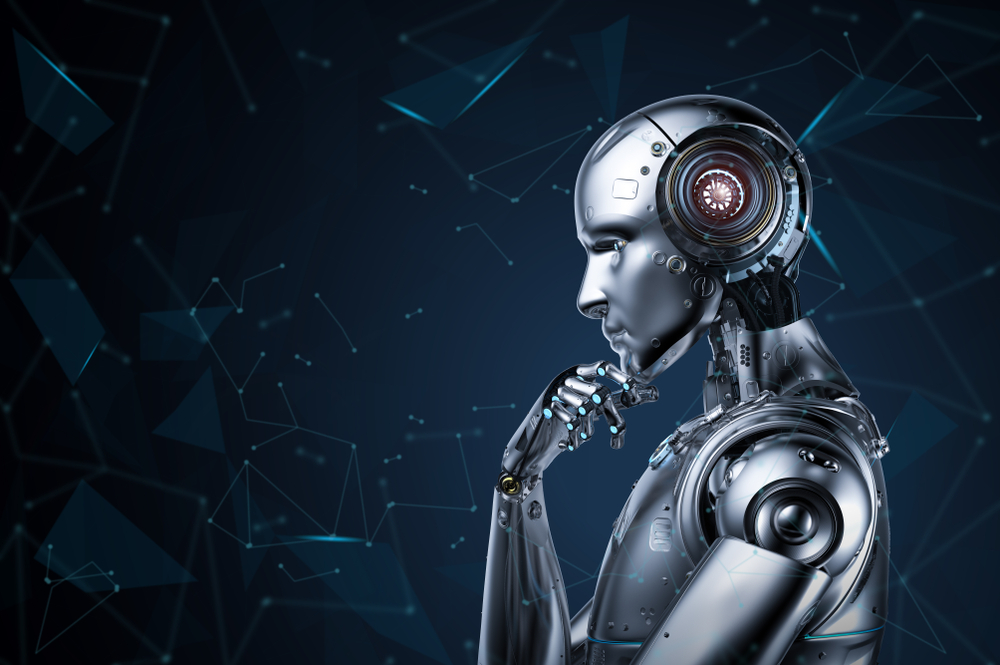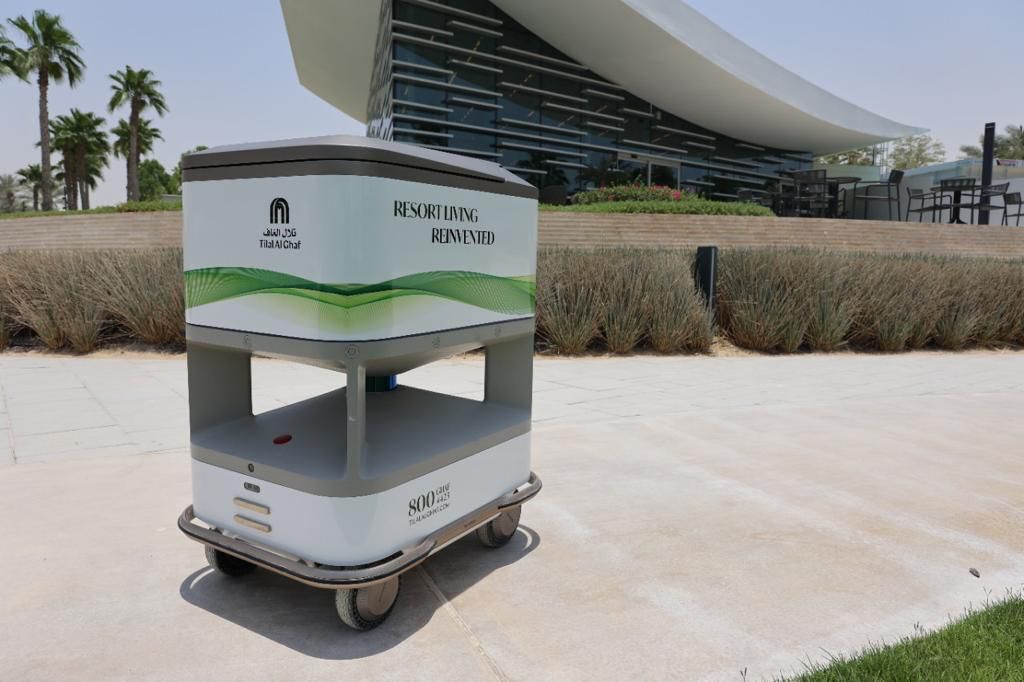From Yesterday’s Sci-Fi Storyline To Today’s Urban Streets, What Does The Advent Of The Robotic Age Mean For Our Connected Communities?
From when Isaac Asimov’s ‘I, Robot’ collection of short stories was first published in 1950, the interaction between man and machine has captured the public imagination. Since then, the concept of robots has gained a firm foothold in popular culture as objects to be both feared and loved in equal measure.

Throughout the second half of the 20th century, robots have appeared in myriad forms on both big and small screens. From amicable depictions of human and robot relationships, such as those portrayed by the lovable Star Wars droid R2-D2 and the brilliantly sarcastic Rosie the Robot in The Jetsons, to darker dystopian narratives depicting apocalyptic battles for superiority as typified by the Terminator series, to more philosophical explorations around to what extent sentience in robots is possible, the most notable of which include Blade Runner and A.I. Artificial Intelligence, the popularity of the robot narrative has proven enduring.
While the advent of the Fourth Industrial Revolution is undoubtedly transforming our present reality, the good news is that we’re unlikely to be battling malevolent cyborgs in the streets any time soon. As advances in artificial intelligence (AI), machine learning (ML), and the Internet of Things (IoT) continue to emerge at an unprecedented pace; however, automation in the workplace and at home will continue to enhance how we navigate and experience the world.
Today, automated technology touches almost every part of our lives, from the automatic doors at the mall and self-service checkouts in the supermarket to how food is harvested in agriculture, goods assembled on the factory line, and business processes are automated in the office. AI, in particular, is increasingly pervasive. We may not yet have met the Turing test goal – to build a computer that imitates humankind so perfectly that the difference between human and machine can’t be perceived – but AI’s capabilities continue to evolve at breakneck speed.

From automated vacuum cleaners to smart fridges, the next tech frontier is firmly fixed in the domestic realm. Customer service chatbots have fast become the norm, connected communities and homes have grown beyond being a sci-fi storyline to a ‘must-have’ mod-con, and predictive omnichannel experiences at our fingertips are blurring the boundaries between what is real and what sits in the virtual realm. Driverless cars, delivery drones, robot chefs, and robot-assisted surgeries are already here and on the cusp of going mainstream, with companion robots increasingly being used to help care for the elderly, for domestic security purposes and to undertake a broad scope of service tasks. The growth potential is huge; the household robots market was valued at US$ 6.81 billion in 2021, a sum predicted to more than triple to US$ 21.94 billion by 2027[1].
Robots also have the potential to add considerable value to residential communities. Majid Al Futtaim – Communities, part of Majid Al Futtaim Properties, is deploying a troop of robot employees to carry out essential tasks to support its core sales and operations team at Tilal Al Ghaf the destination creator’s flagship community in Dubai. Visitors to the premium resort-style destination, which is conveniently located near the intersection of Sheikh Zayed Bin Hamdan Al Nahyan Street and Hessa Street, will be greeted by Terminus, a humanoid attendant robot, upon arrival at The Pavilion – Tilal Al Ghaf Sales & Experience Centre, the region’s first Zero Positive building.

In line with Majid Al Futtaim’s commitment to delivering great experiences to everyone, every day, and in partnership with Terminus Group, visitors will be able to directly interact with the robots, asking any questions they may have via an integrated touch screen. The detailed interaction reports of all customer , will provide valuable insights that will be used to improve the customer experience on an ongoing basis. Delivery robots are also being brought into play to support the operations team in moving critical documents, such as Sales & Purchase Agreements (SPAs) securely between the Sales & Experience Centre and the Show Villas.
Finally, Patrol Robots are being used to enhance security at Tilal Al Ghaf, which will be especially appreciated once residents move into well-appointed walkable neighbourhoods as, with over 500,000 square meters of parks, green open spaces and treescapes to facilitate an active outdoor lifestyle and promote resident’s wellbeing, the community is vast. The new Tilal Al Ghaf Patrol Robots, which can send live video feeds directly to the Facilities Management control team, as well as being able to record footage and capture images, will bring added peace of mind and help to preserve the tranquil environment at what is fast becoming one of Dubai’s most sought-after residential communities.

NOTABLE MOMENTS IN THE HISTORY OF ROBOTICS
- The term ‘robot’ comes from a 1920 play entitled R.U.R., or Rossum’s Universal Robots by renowned Czech playwright, novelist, and journalist Karel Čapek. The word “robot” came from the Slavonic, rabota, which means servitude of forced labour. Echoing more than a few newspaper headlines from this century, the robots in RUR take over human jobs and the army before taking control of the world.
- In 1939, the first physical robot, ELEKTRO, was displayed at the World’s fair. His ability to walk, smoke cigarettes and blow up balloons on human command commandeered the newspaper headlines at the time.
- The first autonomous robots – in the form of two tortoises named Emler and Elsie – were created in 1948 by William Grey Walter.
- In 1950, Alan Turing devised a way to measure the intelligence of a machine, known as The Turing Test, which remains in use today.
- The first industrial robot, which was designed to unload parts from a die-casting operation, was patented in 1961. It was created by two Americans, the inventor George C. Devol and businessman Joseph F. Engelberger, who together founded Unimation, Inc., the first robotics corporation.
[1] Mordor Intelligence, 2022. Available at: https://www.mordorintelligence.com/industry-reports/household-robots-market
